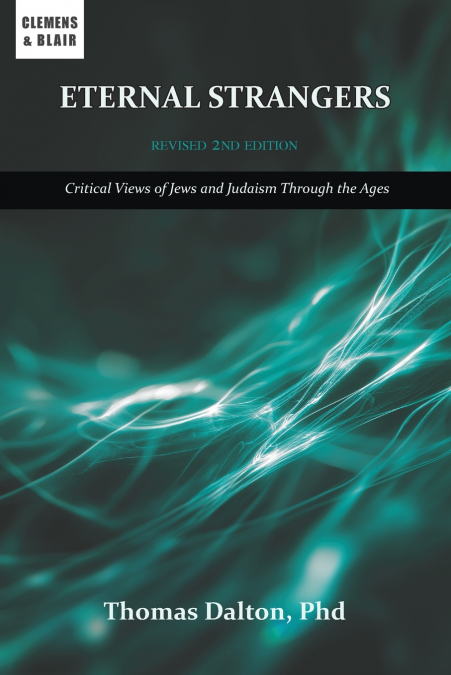
Thomas Dalton
It is common knowledge that Jews have been disliked or hated for centuries. But why? The standard reply is that anti-Semitism is a 'disease' that, for some strange reason, has afflicted non-Jews for ages. But this makes little sense. Nor can it be an 'irrational' reaction. Such things must have real, physical causal factors.Our best hope for understanding this recurrent anti-Semitism is to study the history: to look at the actual words written by prominent critics of the Jews, in context, and with an eye to any common patterns that might emerge. Such a study reveals strikingly consistent observations: Jews are seen as pernicious, conniving, shifty liars; they harbor a deep-seated hatred of humanity; they are at once foolish and arrogant; they are socially disruptive and rebellious; they are ruthless exploiters and parasites; they are master criminals-the list goes on. The persistence of such comments is remarkable. Evidently the cause lies in the Jews themselves-in their attitudes, values, ethnic traits, and beliefs. It seems that Jews are biologically, genetically inclined toward actions that trigger a revulsion in non-Jews. Jews have always been, and will always be, eternal strangers. Given this essential fact, the path forward is difficult indeed.Eternal Strangers is a profoundly important book. It addresses the modern-day 'Jewish Question' in all its depth-something which is arguably at the root of many of the world’s social, political, and economic problems. It is a matter of the greatest urgency.